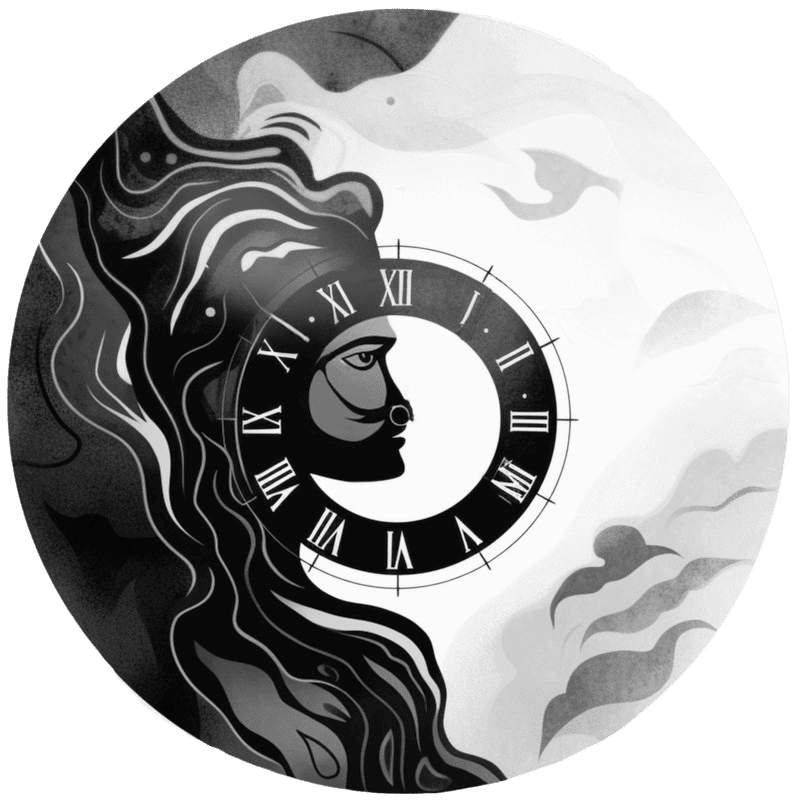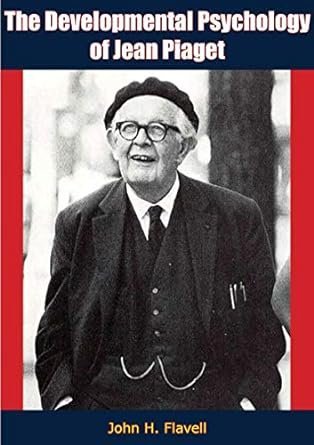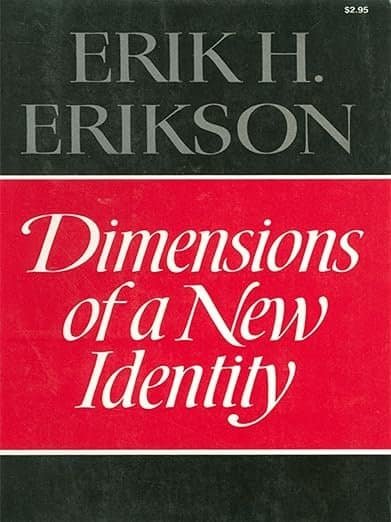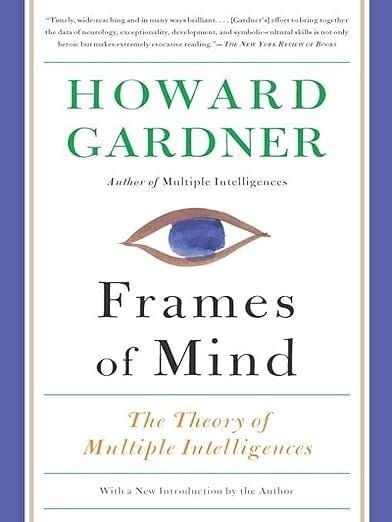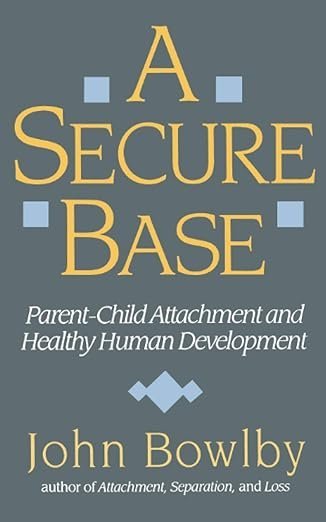A Deeper Dive into Cognitive Development and Neurological Wonders
The human mind is an endless source of fascination. How exactly does it develop from infancy into the complex neurological wonder of adulthood? Cognitive development provides insight into this phenomenon, exploring how our mental capabilities emerge through childhood. New research continues to uncover just how amazing and capable little kids’ minds genuinely are. This neurological wonder begins early, with newborns and infants already displaying feats of logic and reasoning. Join us as we dive deeper into the science behind cognitive development, highlighting some of the marvels of the young mind. From the innate logic of toddlers to the crucial cognitive growth occurring in the early years, we explore what neuroscience reveals about how our thinking skills first take root and blossom. The developing brain is like a bud filled with latent potential – continue reading to understand how we transition from these beginnings into fully realized thinking humans.

The Marvel of Logic in Toddlers
Want to hear something fascinating? Kids as young as 19 months old can use logic before they even learn how to talk! Yes, you read that right. These tiny tots can rule out the impossible by using “exclusion by elimination,” a feat observed by scientists who watched their eyes when looking at objects. It’s as if these children are little philosophers, pondering the mysteries of existence without the need for language.

The Ancient Roots and Modern Implications of Logic
Now, you’re probably thinking, where does this logic come from? Well, humans have valued reasoning for thousands of years! From the ancient Greeks and Chinese to today’s computer programmers, logical thinking has always helped us make better decisions and solve problems. The famous philosopher Aristotle tried to determine what makes good and bad arguments. Fast forward to today, and we see that math logic has helped bring logic into various fields like science, technology, and psychology. It’s a timeless skill, transcending cultures and epochs.
The Neurological Underpinnings of Cognitive Development
Ah, the brain—a marvel of nature, a labyrinth of neurons and synapses. Did you know a child’s brain has about 100 billion neurons at birth? These neurons are like the raw clay of an artist, waiting to be molded by experiences. The first three years of life are crucial for brain development. During this period, the brain forms neural connections at an astonishing rate—up to 700 new connections per second.

The Stages of Cognitive Development: From Piaget to Modern Research
Jean Piaget, the renowned developmental psychologist, mapped out stages of cognitive development, stating that kids start thinking logically between ages 2 and 7. However, new studies show that core thinking skills emerge way earlier than we realize. Babies have abstract thoughts and understand cause and effect without anyone teaching them! Logic starts more as natural intuition before becoming conscious reasoning.
The Prefrontal Cortex and Executive Functions
The prefrontal cortex, the CEO of the brain, is responsible for executive functions like decision-making, problem-solving, and impulse control. It’s like an orchestra conductor, coordinating various sections to produce a harmonious melody.
The Role of Play in Cognitive Development
Little kids playing pretend are working out logical ideas. Materials like blocks and puzzles give them a place to practice. Asking “what if” questions, telling stories, and playing games that involve grouping, patterns, and predictions also build thinking skills. Neuroscience shows that play activates the entire neocortex, the part of the brain responsible for higher-order functions.

The Marvel of Awareness and Consciousness in Children
The article highlights the impressive logical capabilities of young children, but their mental feats extend beyond reasoning alone. Before language develops, babies display signs of awareness and consciousness that suggest an innate drive for growth and self-realization.
Newborns recognize their mother’s voice and scent within hours of birth. Within months, infants begin exhibiting preferences, paying closer attention to faces and objects that interest them. This emerging awareness of the world and its preferences demonstrates an early form of consciousness and identity.
As babies become toddlers, their awareness grows through exploration. They spend incredible amounts of time touching, tasting, watching, and listening as their consciousness expands. This drive to experience and understand is essential for self-realization. Children seek to define themselves and their place in the world.
Supporting the Growth of Consciousness
As caregivers, how can we nurture this blossoming awareness and consciousness?
- First, we must recognize that even young children have rich inner lives we cannot fully grasp. But we can create environments that spark curiosity and engage their sense of wonder.
- Second, we can be attentive observers, allowing children the freedom to explore.
- Third, we can encourage self-expression through various media like art, music, and pretend play. Creative exploration yields self-knowledge.
When cared for in this way, children deepen their self-awareness and consciousness, developing the realization of their unique selves. But this is only the beginning, as the drive for self-actualization continues throughout life.

The Convergence of Ancient Wisdom and Modern Science
Just as logic and reason have been valued for millennia, so too has the cultivation of consciousness. Many ancient traditions recognized the potential for awareness in children long before neuroscience confirmed it.
Both modern research and ancient wisdom now point us toward greater reverence for the child’s mind. They remind us that by nurturing self-realization from the start, we help fulfill every person’s promise and purpose.
It’s incredible to realize how intelligent and capable children are, even as babies and toddlers. Their minds have so much potential. Logic is just one piece of the puzzle as they grow emotionally, creatively, and socially. What else might we discover about how children think and see the world with fresh eyes? However, humans learn and develop; it’s clear kids have some fantastic inborn abilities. Understanding them better can help every child reach their full thinking potential!
